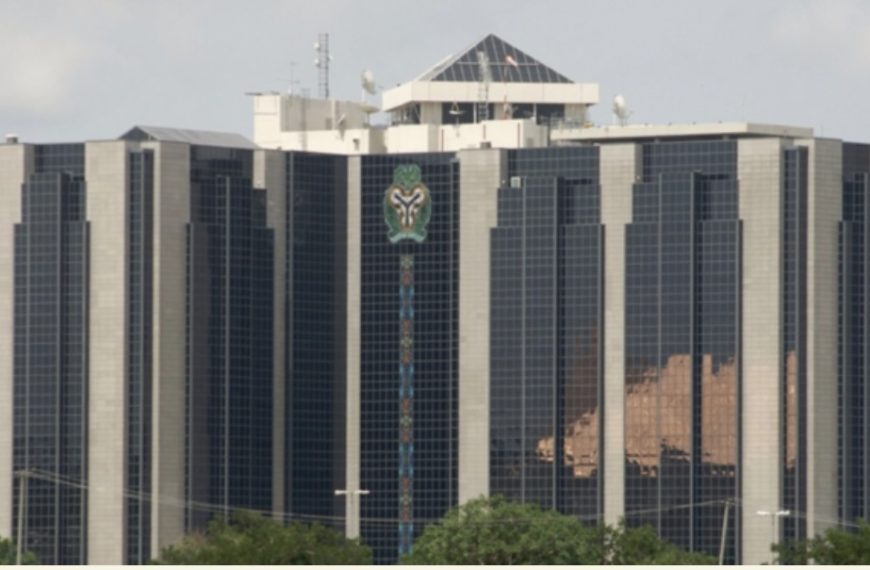
The CBN attributed this decline to reduced inflows through its own channels, even as total foreign exchange inflows into the economy also dipped.
Total foreign exchange inflows for January stood at $9.63 billion, a decrease from the $10.17 billion reported in December.
Correspondingly, outflows fell to $4.84 billion in January from $5.17 billion the previous month. The lower figures on both sides reflect a slowing of activity in the foreign exchange space, especially in transactions routed through the apex bank.
The CBN’s economic report for January highlighted that inflows through the Central Bank declined significantly to $2.33 billion, compared with $4.09 billion in December.
Meanwhile, autonomous inflows rose to $7.31 billion from $6.08 billion in the preceding month, indicating increased activity by FX market players and non-CBN sources. On the outflow side, funds exiting through the Central Bank also declined to $3.80 billion from $4.16 billion, while autonomous outflows slightly increased to $1.04 billion from $1.01 billion recorded in December.
The movement in flows led to a net outflow of $1.47 billion through the Central Bank in January, a stark contrast to the marginal net outflow of $0.07 billion in December. On the other hand, net inflows from autonomous sources improved to $6.26 billion in January, up from $5.07 billion a month earlier, reinforcing the increasing role of private sources in the FX ecosystem.
In terms of exchange rate movements, the naira maintained stability at the Nigerian Foreign Exchange Market (NFEM), closing at N1,599 per dollar on Thursday, according to official data from the CBN. The naira also appreciated by N5 in the parallel market, commonly referred to as the black market, where it was quoted at N1,605 per dollar, compared to N1,610 previously.
During the review period, the naira gained strength at the NFEM. The average exchange rate appreciated by 1.16 percent, improving to N1,535.94 per dollar in January from N1,553.73 in December.
Similarly, the end-of-month rate showed a stronger gain, with the naira appreciating by 3.90 percent to close at N1,478.22 per dollar, compared to N1,535.82 in the previous month.
Additionally, the average foreign exchange turnover at the NFEM rose significantly by 18.30 percent, reaching $408.49 million in January, up from $345.30 million in December. This increase indicates heightened trading activity in the official market, even amid the overall slowdown in aggregate inflows.
Despite the decline in reserves, Nigeria’s external reserve position remained strong and well above global benchmarks. As of the end of January 2025, external reserves stood at $38.88 billion, down from $40.19 billion at the end of December.
According to the CBN, this level of reserves is sufficient to cover 8.82 months of imports of goods and services or 13.20 months of imports of goods alone, thereby maintaining a buffer against external shocks.
BUSINESSDAY












